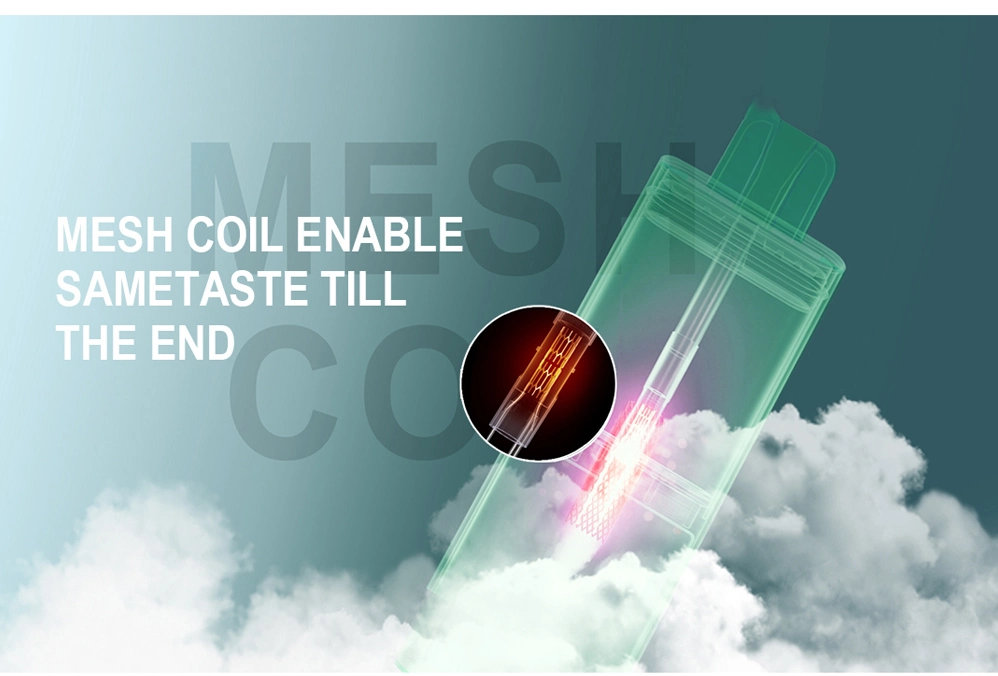vapes
Are disposable vapes regulated differently from other vaping products, and if so, how?
Disposable vapes are often regulated differently from other vaping products, such as refillable vape pens or mods. The regulations can vary significantly depending on the jurisdiction (country or state) and the specific laws governing tobacco and nicotine products. Here are some key ways in which disposable vapes may be regulated differently:

- Nicotine Content Restrictions: Some regions impose limits on the maximum allowable nicotine concentration in e-liquids used in disposable vapes. This is aimed at reducing the potential for nicotine addiction, especially among youth.
- Flavor Bans: Certain jurisdictions have implemented bans or restrictions on flavored e-liquids, including those used in disposable vapes. These measures are intended to curb youth initiation and use by making the products less appealing.
- Packaging and Labeling Requirements: Disposable vapes may be subject to specific packaging and labeling requirements, such as health warnings, ingredient disclosures, and age verification measures. These regulations aim to inform consumers about the contents and potential risks associated with vaping products.
- Marketing and Sales Restrictions: Regulations may restrict the marketing and sale of disposable vapes, particularly in places accessible to minors. This includes restrictions on advertising practices, sales in certain establishments (like schools and playgrounds), and online sales verification processes.
- Product Safety Standards: Some jurisdictions impose product safety standards on disposable vapes, ensuring they meet certain criteria for quality, safety, and reliability. This may include requirements for battery safety, materials used in construction, and testing for harmful substances.
- Environmental Impact Considerations: Disposable vapes, due to their single-use nature, may face additional scrutiny regarding their environmental impact. Some jurisdictions may require manufacturers to take responsibility for the disposal and recycling of their products to mitigate e-waste.
- Age Restrictions: Like other tobacco and nicotine products, disposable vapes are often subject to age restrictions to prevent access by minors. Retailers may be required to verify the age of purchasers through ID checks or online age verification systems.
Overall, regulatory approaches to disposable vapes aim to balance public health concerns, particularly regarding youth vaping rates and nicotine addiction, with the need for harm reduction options for adult smokers. Regulations can vary widely between different regions and are often updated in response to evolving scientific evidence and public health priorities.

